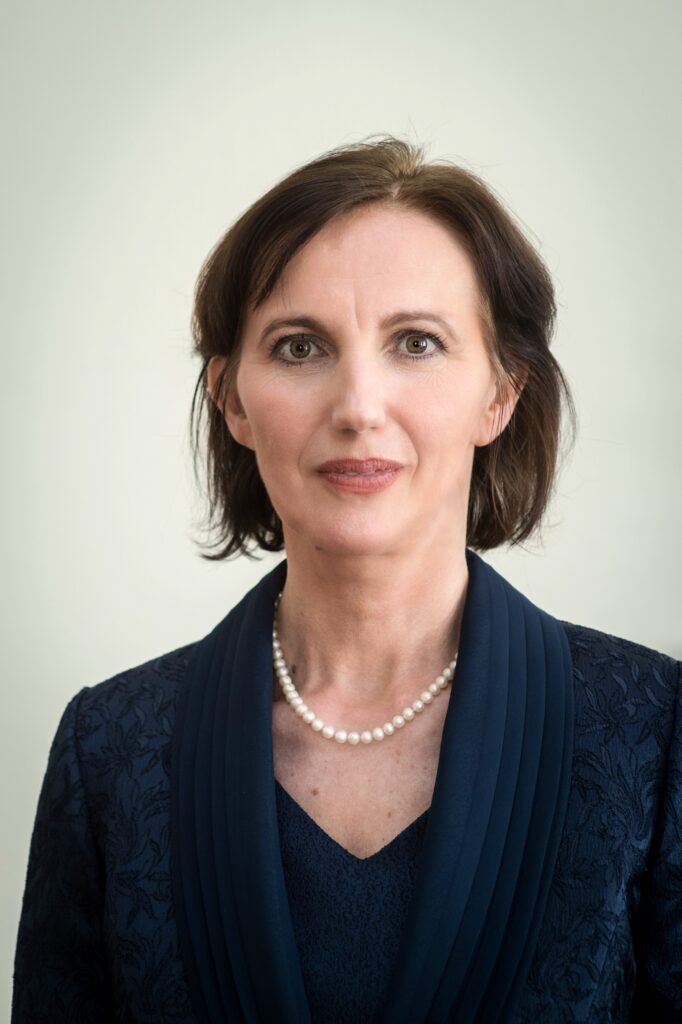
The ERS is one of the world’s largest and most influential professional organizations in the field of respiratory disease research, diagnosis, and treatment, with more than 30,000 members representing 160 countries. The position of Secretary General is one of the highest leadership roles within the organization—no Hungarian specialist has ever held this position before. Her official mandate took effect in September 2025 for a period of three years.
Professor Horváth has been an active member of the ERS community for many years, playing a leading role in several professional committees and international projects, including JARED – Joint Action on Respiratory Diseases, launched under the EU4Health program. JARED is the first EU joint action specifically focused on the prevention, detection, and treatment of chronic respiratory diseases, coordinated by the National Korányi Institute for Pulmonology. In recent years, the institute has played a key role in several international collaborations promoting prevention, early diagnosis, patient pathway development, and the strengthening of equal opportunities.
Prof. Dr. Ildikó Horváth’s work has been shaped not only by her scientific expertise but also by her commitment to health policy issues such as lung health, prevention, reducing patient pathway length, and ensuring equal opportunities. As Secretary General of the European Respiratory Society Congress 2025, she emphasized the importance of early prevention:
“Healthy lungs are the foundation not only of breathing, but of overall quality of life. Prevention, early detection, and an individualized, life-course-based approach are key to the future of pulmonology.”
One of the main goals of the ERS leadership is to ensure that knowledge sharing extends beyond the congress itself. As she highlighted:
“The aim of my work at the ERS is to ensure that the results of education and research reach doctors and professionals working in smaller countries with more limited resources, even in the most remote parts of the continent. The fight against lung disease can only be successful if everyone has access to the latest knowledge and methods.”
Her appointment is not only a personal professional recognition but also underlines the European significance of Hungarian pulmonology. It represents a new opportunity for Hungary by strengthening the international relations of Hungarian professionals and increasing the visibility of Hungarian research and healthcare achievements across Europe.
For more than a century, the National Korányi Institute for Pulmonology has been Hungary’s leading professional center for pulmonary medicine, providing clinical care, research, and education. The institute’s experts participate in numerous European professional organizations and EU health programs, contributing to Hungary’s active role in European pulmonary health cooperation.